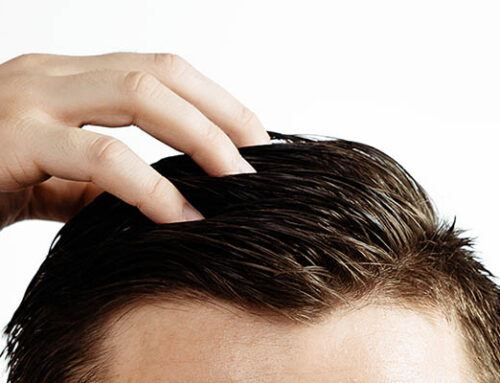Understanding the Factors Behind Hair Transplant Success: What Every Male Patient Should Know
Hair transplants have become a popular and effective solution for men suffering from hair loss, but like any medical procedure, they come with certain risks. While hair transplants can deliver significant, long-lasting results when performed by skilled professionals, there are circumstances where the procedure may not meet a patient’s expectations. Understanding why a hair transplant can fail and how to reduce these risks is essential for achieving the best outcome.
Key Reasons Why a Hair Transplant Might Fail
- Poor Candidate Selection Not every man is an ideal candidate for a hair transplant. Factors such as the extent of hair loss, the quality and quantity of donor hair, and underlying health conditions can all influence the likelihood of success. A thorough evaluation by an experienced surgeon, like Dr. Katona, is essential to determine if the procedure is appropriate for each individual.
- Inexperienced Surgeon The expertise of the surgeon plays a pivotal role in the success of a hair transplant. Inadequate training or experience can lead to poor harvesting and implantation techniques, resulting in unnatural hair growth or, in some cases, failure of the grafts to take. It’s crucial to choose a board-certified hair transplant specialist with a proven track record, such as Dr. Katona, who has years of experience in delivering natural-looking results.
- Inadequate Post-Operative Care Post-operative care is crucial to the success of any hair transplant. Following the surgeon’s instructions—such as avoiding strenuous activities, not touching the grafts, and taking prescribed medications—helps minimize complications like infections and graft failure. Non-adherence to these guidelines can severely impact the outcome of the procedure.
- Health Conditions and Lifestyle Factors Certain health conditions, such as autoimmune diseases, may hinder hair growth after a transplant. Additionally, lifestyle choices like smoking, excessive alcohol consumption, poor nutrition, and lack of hydration can impair healing. It’s important for patients to disclose their medical history and lifestyle habits so their surgeon can advise accordingly.
- Unrealistic Expectations Although hair transplants can significantly improve hair density, they cannot always restore a full head of hair, especially in cases of extensive baldness. Unrealistic expectations can lead to disappointment, even if the transplant is technically successful. Setting clear, achievable goals with the surgeon beforehand is critical for satisfaction.
How to Improve Your Chances of a Successful Hair Transplant
- Choose the Right Surgeon Selecting a highly qualified, experienced surgeon is perhaps the most important decision in ensuring a successful hair transplant. Look for credentials, patient testimonials, before-and-after photos, and overall patient satisfaction to gauge the surgeon’s expertise.
- Follow Pre- and Post-Operative Instructions Strict adherence to both pre- and post-operative guidelines is essential for promoting graft survival and overall success. This includes taking medications, attending follow-up appointments, and avoiding activities that may harm the grafts.
- Maintain a Healthy Lifestyle A healthy lifestyle can significantly impact the healing process and the final results of your hair transplant. Eating a balanced diet, staying hydrated, limiting alcohol, avoiding smoking, and managing stress can help your body heal and promote optimal hair growth.
- Set Realistic Expectations Discuss your goals openly with your surgeon to ensure you understand the limitations of the procedure. Having realistic expectations can help you feel satisfied with your results, even if more than one session is required.
- Consider Multiple Sessions if Necessary For individuals with advanced hair loss, achieving the desired density may require more than one session. Discussing this possibility with your surgeon early on helps set a clear roadmap for your hair restoration journey.
Conclusion
While hair transplants offer a promising solution for male hair loss, success depends on various factors, including patient selection, surgeon skill, post-operative care, and managing expectations. By choosing an experienced surgeon like Dr. Katona, following care instructions, maintaining a healthy lifestyle, and setting realistic goals, you can significantly increase your chances of a successful, natural-looking hair restoration. Regular communication with your surgeon is vital throughout the process to address any concerns and ensure optimal results.




